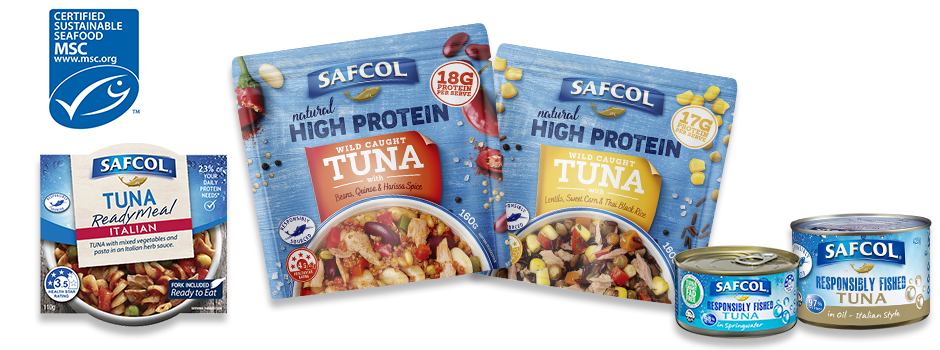The MIND Diet
Posted on : July 19, 2022
by Ashleigh Feltham Accredited Practising Dietitian and Accredited Nutritionist
Rather than focusing on a single food, a total diet approach is the best strategy for promoting good health and wellbeing. Well-known whole diets for brain health include the Mediterranean diet and the DASH (Dietary Approaches to Stop Hypertension) diet. A little-known whole diet to consider is the MIND diet. The MIND diet stands for Mediterranean-DASH Intervention for Neurodegenerative Delay. As the name suggests, it is a combination of the Mediterranean and DASH diets, designed to promote your brain health, specifically to reduce the risk of dementia and Alzheimer’s disease. The MIND diet may also promote heart health and help reduce blood pressure, reduce the risk of developing type two diabetes as well as other chronic health conditions.  The basic principles to follow on the MIND diet include:
The basic principles to follow on the MIND diet include:
Vegetables
Vegetables are a key component to brain health. Vegetables contain important nutrients for optimal brain function, including the B vitamin, folate. The goal is to include six servings of leafy greens a week. This can include vegetables like kale, chard, collards and spinach. Two cups of raw salad vegetables or one cup of cooked vegetables is considered a serve. In addition to leafy greens, include at least one extra serve of another type of vegetable each day with an aim of seven or more a week. A serving is the same as salad vegetables.
Fish
Fish provides your brain with a matrix of health benefits, including essential omega-3 fats. DHA, a component of omega-3 fats is the main fat found in your brain. Consuming enough omega-3 fats is linked to lower levels of beta-amyloid levels. This is a protein is found in people with Alzheimer’s disease, forming harmful clumps in the brain. Animal products are also a good source of choline, which may help reduce the risk of developing dementia. Include at least one serving of fish a week, with a serving size being 130g.
Berries
Berries are included twice a week on the MIND diet. A serving is one cup of berries. Berries offer many brain health benefits, including being a rich source of antioxidants. Antioxidants help to fight off free radicals, which in excess can cause damage and disease to the cells of the body. Berries also contain flavonoids, a type of polyphenol that helps to strengthen the connection between the neurons in the brain. Strengthening these connections makes it easier for the brain to transfer messages.
Wholegrains
Three serves of wholegrains are included on the MIND diet. A serving is half a cup of cooked wholegrains. Wholegrains contain a plethora of health benefits for the entire body, including the brain. This includes the mineral magnesium, which has a role in over 300 different enzymatic reactions in the body.
Nuts
Aim for five 30g servings of nuts a week. Different nuts support brain health in different ways. For example, walnuts are a good source of plant-based omega-3 fats, while hazelnuts and almonds are a good source of vitamin E.
Beans
Beans are another rich source of magnesium, which promotes brain health and assists the process of creating energy. The MIND diet includes four servings of beans a week, with a serve being half a cup of cooked beans.
Chicken
Two or more servings of poultry a week is recommended on the MIND diet. A serving is 85g. Chicken has several nutrients that promote good brain health, including vitamin B12, which is needed to help the central nervous system function optimally.
Olive Oil
Your first choice of cooking oil should be olive oil. Extra virgin olive oil is the recommended variety. It not only includes heart healthy monounsaturated fats, but also 36 different antioxidants.
Wine
If you don’t drink alcohol, it is recommended not to start now. However, if you do enjoy a glass of wine, the good news is that one glass daily is recommended on the MIND diet. A polyphenol found in wine called resveratrol may help protect your brain from developing Alzheimer’s disease. A serving is 150mL.
The extras:
- Red meat should be limited to less than four servings a week.
- Cheese is restricted to one serving a week.
- No more than one tablespoon of margarine or butter each day.
- The ‘sometimes’ foods, such as fried and fast foods, should be enjoyed no more than once a week. Also, the aim is to limit baked goods like pastries and candies to no more than five servings a week.
Take home message
A whole diet approach to optimise your overall health and wellbeing is key. If you are seeking a whole diet approach that helps promote brain health and reduce your risk of dementia and Alzheimer’s disease, it is worth considering the MIND diet.
Reference:
- Morris MC, Tangney CC, Wang Y, Sacks FM, Barnes LL, Bennett DA, Aggarwal NT. MIND diet slows cognitive decline with aging. Alzheimers Dement. 2015 Sep;11(9):1015-22. doi: 10.1016/j.jalz.2015.04.011. Epub 2015 Jun 15. PMID: 26086182; PMCID: PMC4581900.
- Morris MC, Tangney CC, Wang Y, Sacks FM, Bennett DA, Aggarwal NT. MIND diet associated with reduced incidence of Alzheimer’s disease. Alzheimers Dement. 2015 Sep;11(9):1007-14. doi: 10.1016/j.jalz.2014.11.009. Epub 2015 Feb 11. PMID: 25681666; PMCID: PMC4532650.
- Liu X, Morris MC, Dhana K, Ventrelle J, Johnson K, Bishop L, Hollings CS, Boulin A, Laranjo N, Stubbs BJ, Reilly X, Carey VJ, Wang Y, Furtado JD, Marcovina SM, Tangney C, Aggarwal NT, Arfanakis K, Sacks FM, Barnes LL. Mediterranean-DASH Intervention for Neurodegenerative Delay (MIND) study: Rationale, design and baseline characteristics of a randomized control trial of the MIND diet on cognitive decline. Contemp Clin Trials. 2021 Mar;102:106270. doi: 10.1016/j.cct.2021.106270. Epub 2021 Jan 9. PMID: 33434704; PMCID: PMC8042655.




